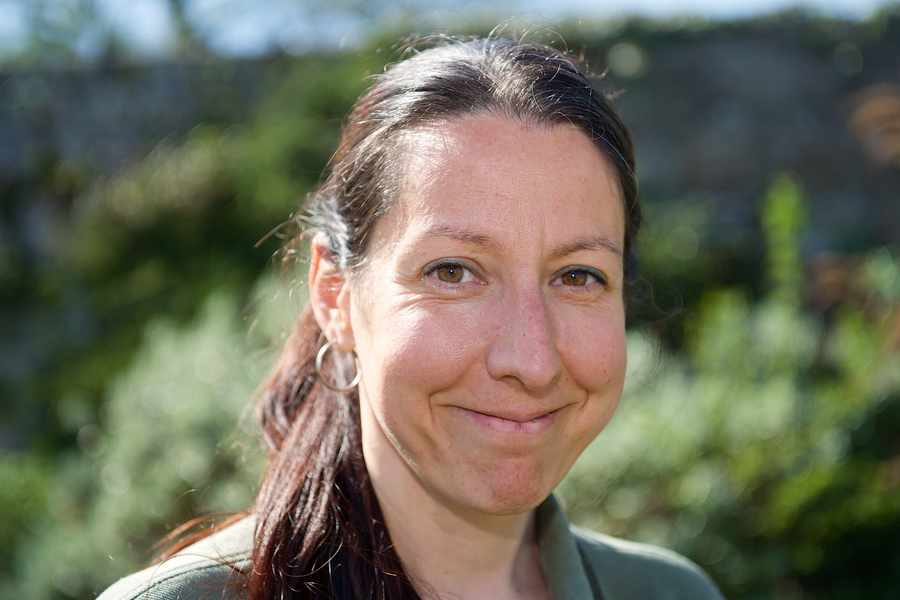Cris Sellarés, project manager for conservation group Birds on the Edge, says that since she started her research three years ago, the number of birds feeding here in winter has increased by 800 per cent as the number of sites planted with special seed has risen from one to 12.
The project – a partnership between Durrell, the National Trust for Jersey and Environment – was launched several years ago to bring back the red-billed chough.
- The 12 bird feeding sites comprise 58 fields covering a total of 185 vergées of land used for growing Jersey Royals by 11 farmers, including the Jersey Royal Company
- The seed mix is free for farmers and is planted after the potato harvest to produce a mixed crop of barley, mustard, quinoa, millet and sunflower through the winter to provide food for local and migratory birds and other wildlife
- Having been attracted to the fields, the birds and wildlife feast on bugs and pests harmful to potatoes and other crops
- The species to benefit include the skylark, stonechat, linnet, cirl bunting, yellowhammer and the reed bunting
It has also helped to attract migratory birds and protect the local bird population.
Miss Sellarés said that if Islanders wanted to make the Island even more of a feeding paradise for local and migratory birds, they should support Jersey’s farmers and buy local.
‘I always say buy local food because people fail to make the link between saving our wild habitats and where our produce comes from,’ she said. ‘By buying local produce, you are helping the farmers too, who are helping our wildlife.’
She added: ‘The Island is like a giant bird feeder – it is their natural larder.’
When Miss Sellarés began her research she found that, just as in the UK and Europe, farmland birds were in decline, so she started recruiting farmers to the project.
Fortunately, she said, she didn’t have to start from scratch, as the Island’s biggest producer of Jersey Royals, the Jersey Royal Company, had been pioneering environmental and conservation projects since 2003, including tree planting and barn owl conservation.
The company’s sales and marketing director, William Church, said: ‘As the biggest land user in the Island, it is about doing the right thing, and as farmers, we are custodians of the countryside, so we have to farm in a responsible manner.
‘And a part of that is recognising and working with nature.’







